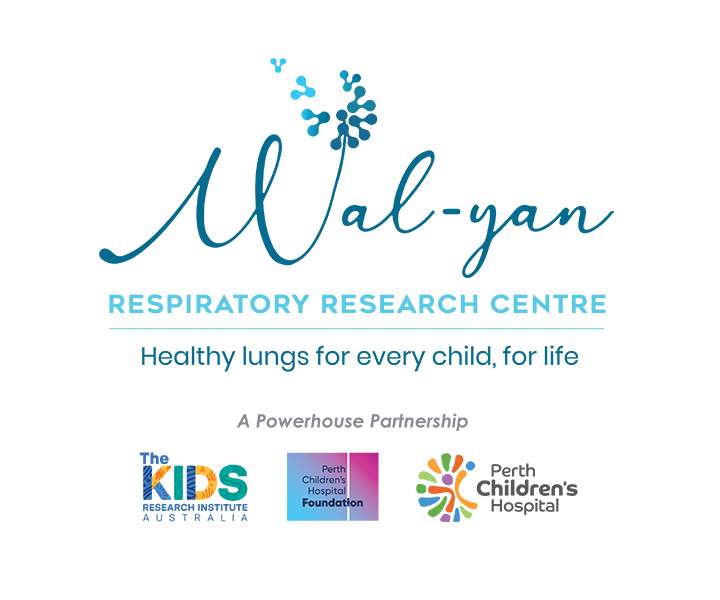Search
Research
Erdosteine in children and adults with bronchiectasis (BETTER trial): study protocol for a multicentre, double-blind, randomised controlled trialBronchiectasis is a worldwide chronic lung disorder where exacerbations are common. It affects people of all ages, but especially Indigenous populations in high-income nations. Despite being a major contributor to chronic lung disease, there are no licensed therapies for bronchiectasis and there remain relatively few randomised controlled trials (RCTs) conducted in children and adults.
Research
Angiogenesis-associated pathways play critical roles in neonatal sepsis outcomesNeonatal sepsis is a major cause of childhood mortality. Limited diagnostic tools and mechanistic insights have hampered our abilities to develop prophylactic or therapeutic interventions. Biomarkers in human neonatal sepsis have been repeatedly identified as associated with dysregulation of angiopoietin signaling and altered arachidonic acid metabolism.
Research
The longitudinal microbial and metabolic landscape of infant cystic fibrosis: the gut-lung axisIn cystic fibrosis, gastrointestinal dysfunction and lower airway infection occur early and are independently associated with poorer outcomes in childhood. This study aimed to define the relationship between the microbiota at each niche during the first 2 years of life, its association with growth and airway inflammation, and explanatory features in the metabolome.
Research
A pilot study of disease related education and psychotherapeutic support for unresolved grief in parents of children with CFDiagnosis of chronic disease in a child can result in unresolved grief (UG) in parents. This study aimed to evaluate the efficacy of psychological insight-oriented therapy (IOT) as a treatment for UG compared to disease related education in parents of children with cystic fibrosis. Sequence of delivery, first IOT then disease related education (or vice versa) was also examined, to let all participants experience both interventions.
Research
Mucus and mucus flake composition and abundance reflect inflammatory and infection status in cystic fibrosisMucus hyperconcentration in cystic fibrosis (CF) lung disease is marked by increases in both mucin and DNA concentration. Additionally, it has been shown that half of the mucins present in bronchial alveolar lavage fluid from preschool-aged CF patients are present in as non-swellable mucus flakes.
Research
AI-Driven Cell Tracking to Enable High-Throughput Drug Screening Targeting Airway Epithelial Repair for Children with AsthmaThe airway epithelium of children with asthma is characterized by aberrant repair that may be therapeutically modifiable. The development of epithelial-targeting therapeutics that enhance airway repair could provide a novel treatment avenue for childhood asthma.
Research
Lung inflammation and simulated airway resistance in infants with cystic fibrosisCystic fibrosis (CF) is characterized by small airway disease; but central airways may also be affected. We hypothesized that airway resistance estimated from computational fluid dynamic (CFD) methodology in infants with CF was higher than controls and that early airway inflammation in infants with CF is associated with airway resistance.
Research
Systems biology and bile acid signalling in microbiome-host interactions in the cystic fibrosis lungThe study of the respiratory microbiota has revealed that the lungs of healthy and diseased individuals harbour distinct microbial communities. Imbalances in these communities can contribute to the pathogenesis of lung disease. How these imbalances occur and establish is largely unknown. This review is focused on the genetically inherited condition of Cystic Fibrosis.

The Wal-yan Respiratory Research Centre is a global epicentre for paediatric respiratory research, informing clinical practice and driving a new research agenda for childhood lung health.

The Wal-yan Respiratory Research Centre offers a broad range of outpatient and portable tests for those affected by chronic respiratory conditions.
